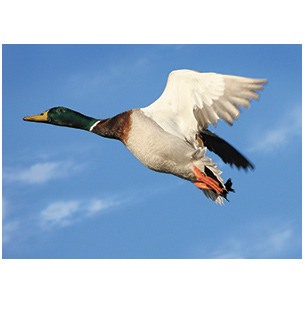The season for seeing chicks and ducklings tweet and quack their tiny ways into people’s hearts is officially underway. But it’s not always wise to follow the flock when a brood or clutch is concerned.
At least 39 Washingtonians have reported getting ill from Salmonella bacteria after coming in contact with live poultry in the past three years, according to reports reviewed by disease investigators at the state’s Department of Health. These 39 cases were associated with three separate national Salmonella outbreaks that caused more than 1,200 people to get sick. Contact with live poultry may also have contributed to more than 100 other cases of salmonellosis in our state in the past three years that weren’t associated with any known outbreak.
Spring is the season when many people who have chickens or ducks in backyard flocks buy baby birds. From the time the baby birds arrive at home, children should be supervised carefully to make sure they wash their hands immediately after touching the animals or their environments. Another prevention step is to make sure children don’t snuggle or kiss the young poultry.
“For people at higher risk for severe Salmonella infections, it’s best to use a philosophy of ‘look but don’t touch’ because all chickens or ducks, even healthy ones, can carry bacteria like Salmonella that can make people sick,” said State Health Officer Dr. Kathy Lofy. “And of course if you handle a chick or duckling, wash your hands immediately with soap and water.”
Kids under five, adults over 65, and people with weakened immune systems are most likely to get very sick from Salmonella and should avoid handling live poultry. Salmonella infection can cause diarrhea, fever, stomach pain, nausea, and vomiting. Symptoms usually last several days with more severe cases requiring hospitalization, and may even cause death.
Mail-order hatcheries, agricultural feed stores, and other businesses that sell or display chicks, ducklings, and other live poultry should provide health-related information to owners and potential buyers of these birds before selling them.
People who own poultry should take steps to protect themselves. Always wash hands thoroughly with soap and water after touching poultry or anything in the area where the birds live and roam. Don’t let the birds inside the house, and keep a close eye on children when they’re near the birds. These important recommendations apply to all live poultry, regardless of the age of the birds or where they were purchased.
More tips for avoiding salmonellosis infection from chicks and ducklings are on our webpage. By following the recommendations of the Washington State Department of Agriculture people can keep their families and their birds healthy.
The Department of Health website (www.doh.wa.gov) is your source for a healthy dose of information. Also, find us on Facebook and follow us on Twitter.


